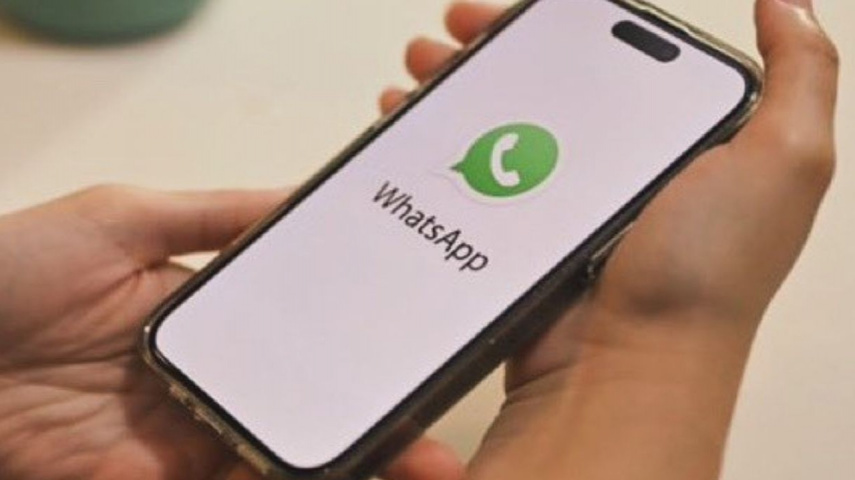Here's All You Need To Know About WhatsApp's New OTP Pricing Strategy: What Does It Mean for Businesses?
WhatsApp raises OTP prices for international messages in India, impacting businesses. The strategy behind this decision aims to boost enterprise revenue while balancing cost dynamics.

-
WhatsApp introduces new pricing category for international OTPs
-
Impact expected on communication budgets of international giants like Amazon
WhatsApp, the ubiquitous messaging platform owned by Meta, has recently made waves in the realm of business communication in India with its latest pricing strategy update.
According to a report by The Economic Times, WhatsApp has introduced a novel category for international one-time passwords (OTPs) and has notably increased the price for businesses availing themselves of this service in India.
This strategic move is geared towards bolstering revenue from enterprise messaging services on the platform.
The shift in pricing dynamics
The hike in pricing, a substantial 20-fold increase from previous rates, undoubtedly catches the eye.
However, it's essential to note that despite this surge, the cost remains significantly lower than traditional SMS charges for international messages.
The new message category, termed authentication-international, is priced at Rs 2.3 per message and is set to roll out on June 1, 2024. This change will impact businesses not only in India but also in Indonesia.
Implications for international businesses
The repercussions of this shift in pricing are far-reaching, especially for international corporations like Amazon, Google, and Microsoft.
These tech giants, relying on WhatsApp as a cost-effective alternative to the steep rates of international SMS in India, are expected to feel the pinch on their communication budgets.
Aniketh Jain, the founder of customer communications startup Fyno, sheds light on the reasoning behind WhatsApp's pricing strategy shift.
He explains that many large foreign companies have turned to WhatsApp as their primary authentication channel due to the significant disparity between domestic and international SMS rates.
Previously, while domestic businesses were charged Rs 0.12 per SMS, overseas companies faced a substantially higher fee of USD 0.05 (approximately Rs 4.13). WhatsApp's flat rate of Rs 0.11 per OTP message bridged this gap. However, the new system will subject foreign companies to a higher charge of Rs 2.3 per message.

Positioning WhatsApp strategically
Jain views this new pricing structure positively, seeing it as a strategic positioning of WhatsApp.
By setting the price point between domestic and international SMS costs, WhatsApp aims to solidify its foothold in the enterprise messaging market. India serves as a pivotal starting point for these revised rates.
Enterprise Messaging landscape in India
The enterprise messaging market in India is burgeoning, currently valued at over Rs 7600 crore.
While various communication channels, including SMS, WhatsApp Business, Google RCS, and push notifications, are in play, conventional SMS maintains its dominance, capturing nearly 90% of the market share.
OTP verification constitutes a significant portion of this communication and is utilized for application logins, financial transactions, and service delivery.

Clarifying definitions and perspectives
The debate over international SMS pricing hinges on the definition of international traffic and the regulatory oversight on pricing.
Telecom companies classify their customers based on the location of data servers, whereas businesses argue for locally generated messages traveling through domestic networks.
WhatsApp seems to align with this stance, utilizing a combination of factors to determine the international status of enterprises availing their services.
In essence, WhatsApp's revised pricing strategy marks a significant development in the landscape of business communication in India, influencing budgets and strategies for both domestic and international entities.





 JOIN OUR WHATSAPP CHANNEL
JOIN OUR WHATSAPP CHANNEL




































































































